Sgùrr is the name of the new album by Thy Catafalque, the remarkable solo project of Hungarian musician Tamás Kátai. As an ardent fan of the band, it was one of my most eagerly anticipated albums of this year, and now that I’ve heard it, it is one of my favorites of the year as well.
I was fortunate to hear the album well in advance of its October 16 release by Season of Mist, and even more fortunate to receive a copy of the beautiful digibook version of the album to look at as I listened. And to add still more good fortune, we were given the opportunity to premiere a song from the album named “Jura” — which you can explore here, along with my perhaps over-long review of the album and my photos of the digibook.
After I had spent significant time with the music on Sgùrr, I was left with many questions about it. I prevailed upon Tamás Kátai to satisfy my curiosity in the following interview conducted over the internet. Of course, the music speaks for itself (eloquently and powerfully), but the following discussion provides insights about Sgùrr from Tamás that I think will enhance listeners’ appreciation of this newest of his creations (and I’ve included two songs from the album at the end for those who haven’t yet discovered them).
******
Greetings from Seattle, Tamás, and thank you for making time to answer some questions. I have roughly 1,000 of them about the new Thy Catafalque album, but will do my best to hold them under 100. 🙂
It seems this album has been in the works for a long time — the album notes say that the recordings were made in 2012 – 2014. How are you feeling now that it is finally about to be released? Relieved? Anxious? Something else?
Well, this album was finished in November, last year. It’s been a while and new music is in my head now. But what I remember is that Sgùrr was not an easy ride to write and record at all. It was more struggle than the previous ones.
For those who haven’t yet heard Sgùrr, how would you compare it to the last Thy Catafalque album Rengeteg?
Colder, more mysterious and less accessible. No clean vocals and no big hits this time. I wouldn’t say it’s heavier, it’s just less friendly.
Did you have any other specific goals in mind when you began writing and recording Sgùrr?
I knew what I didn’t want this time. Catchy folk metal songs. I was out for more experimental elements, different sounds, a distinctive atmosphere.
There are so many musical ingredients layered into the songs (especially the two long ones), and such diversity in the guitar tones. Did you once again record the music at home? And what instruments and technology tools did you use in making the album?
Yes, I recorded everything in my room except the soprano in the last song recorded in Bologna, Italy. The vocalist lady lives there, so we figured out she recorded her part in a local studio and the track was later sent to me to Edinburgh. I have a seven-string Ibanez RG 7321 with a DiMarzio Sonic 7 pick-up in it in the bridge. A cheap Yamaha RBX170 bass, and occasionally I still use my old Korg N5 synth. Mostly I use software for keyboard parts. I have a very small 5-channel Phonic AM120 mixing desk and a PC I purchased in 2008 with still Win XP on it. I don’t even own an external audio card, all I use is the built-in one. For recording and mixing I use Cubase and SAWPlus. Rather old stuff.
I have to say that I’ve always enjoyed the drumming on Thy Catafalque’s albums, but it’s especially good on Sgùrr. Not conventional metal drumming at all, but still fast and electrifying, with very compelling rhythms. Can you tell us something about how you conceived of and created the programmed drum tracks on the album?
For drums I use Cubase with XLN Addictive Drums. You see, I have never been a drummer myself but when our drummer left Gire, my old band, in 1998, we didn’t have any other option but replacing him with something. We couldn’t replace him with somebody as we were coming from a small place, no capable and available musicians could have been found anywhere near. So that was when I started programming drums. Now, with the recent album I didn’t have any special approach regarding drum tracks. Probably I got a bit better and experienced with programming throughout the years, but talking about the technology there is no major difference between the drums of Róka Hasa Rádió, Rengeteg, and Sgùrr.
You’ve stated that the songs on Sgùrr are about mountains, water, and the interrelationship between them, and that the title of the album is itself a Scottish Gaelic word for “top of the mountain”. Why did you choose this name for the album?
I do a lot of hiking in the Scottish Highlands, which is littered with munros. Munros are mountains higher than 3000 feet in Scotland. Plenty of these munros have “Sgùrr” in their names. I felt it would be a fitting title for the album considering its meaning and my personal affection to the Highlands.
When you refer to the interrelationship between water and mountains, what relationships are you thinking of? And does this interrelationship symbolize other aspects of life for you?
Water forms and shapes geographical forms, terrain, relief. These geographical forms however also create lakes, rivers, streams. I see the world of water and stone like a pure, clean, almost totally timeless, beautiful realm, a mysterious inorganic cradle for the organic life. Some even say stone is organic but on a different level and in a different time scale.
Since I don’t speak Hungarian or Gaelic, I’m unfortunately dependent on the undependable Google Translate for an understanding of the song titles and lyrics. With that caveat, it seems that some of the songs on the album are explicitly about water (“Oldódó formák a halál titokzatos birodalmán”) or mountains (Sgùrr Eildea Mòr”) or perhaps about visions of different landscapes (“Alföldi kozmosz” and “A hajnal kék kapuja”). On the other hand, “Élo lény”, “Jura”, and “Keringo” seem to have different subjects. How do those three songs fit into the album’s concept and inspiration?
Those songs you mentioned are about organic life. „Élő lény” means Living Creature. „Keringő” is Valse, and „Jura”, well it is Jurassic and has a very obscure and symbolic lyrical content about the circle of life, or on another level the most basic human instinct of fear of physical demise and the craving for the womb. That one is a precious song for me.
As I hear the album, the first three songs have a bright, vibrant, and mostly upbeat atmosphere (though there are certainly some very heavy passages in “Oldódó formák a halál titokzatos birodalmán”). But I sense a growing darkness in what comes after the instrumental track “A hajnal kék kapuja”. Is there a connection between the darker, heavier, and more bleak music on the album and the concepts of water, mountains, and their interrelationships? Or was that change in mood more a reflection of your own mood?
The order of the songs is paramount when you’re focusing on the good, old-fashioned album format. We have the two really short no-instrument tracks opening and closing Sgùrr like a frame with exactly the same titles. Inside the frame there is a path the album goes, from one point to another. It’s like starting as a streamlet and as the water drifts further it becomes more and more powerful up to the point it reaches its climax, like a massive waterfall hurtling down on the rocks.
You have been living in Scotland for 7 or 8 years now, and yet the traditional music of your homeland still seem to be very much a vital ingredient of the music on the new album. Do you miss home? Do you have the chance to return very often? And how do you feel about living in Scotland?
I do love Scotland, the Highlands, the Hebrides, the Borders, Edinburgh. I love hiking, getting North to get lost in the woodlands, marshlands, mountains. Still I miss my homeland though. That’s a different world. I was growing up on the Great Plains in Hungary and it will never be erased from my heart. I’m Hungarian. I can get home 2-3 occasions a year. My whole family is there.
Scotland has a rich folklore and a fascinating history, as Hungary does, as well as dramatic physical beauty in the Highlands. Before listening to Sgùrr, I wondered if you were going to incorporate some of Scotland’s traditional folk music into the album, especially because of the word you chose for the album’s title. Did you consider that? Is it something you might do in the future?
I have to admit I’m not a fan of pipe-music. Sorry about that, Scotland.
You have some guest contributors on Sgùrr. What can you tell us about Viktoria Varga (narration), Dimitris Papageorgiu (violin), and Ágnes Sipos (operatic vocals) and how they came to be involved in the recordings?
Viktória is a remarkable lady with a great speaking voice. We’ve been collaborating for many years. She appeared on Róka Hasa Radió as well and she’s been a great support for me over the years. Ágnes is from my hometown, Makó, currently studying music in Bologna, Italy. Dimitris is from Greece but he’s staying in Edinburgh. I can tell you he’s an extremely talented violinst. He has a music project with Balázs (Gire) called SIFR playing improvisative near-East music and that’s how I met him. He’s studying music at the University Of Edinburgh.
Your former Gire bandmates Balázs Hermann (double bass) and Zoltán Kónya (vocals) also appear on the album. Is there any possibility of a Gire revival, especially since Sgúrr seems to reflect a turn in a more “metal” direction for you after Rengeteg?
Nope. Blood Music is re-releasing the only Gire album from 2007 in late November with one bonus track, and the recording and mixing of that single song took almost one year. Even though we all live in the UK, it’s physically impossible currently to work as a band. We’re too far from each other, which is a shame. Gire was cool.
The digibook CD version of the album is really gorgeous, and obviously the result of a lot of care and effort (and the investment of money). What is the story behind the decision to produce this digibook format, and the way in which it was designed?
Thank you. Honestly, I have not yet seen the book itself, but as I was the one designing the artwork it can’t be drastically different. Season Of Mist suggested this format and I had absolute creative freedom to make it real. It contains all the lyrics and plenty of my photographs and some graphical works of mine, mainly from the Highlands. I enjoyed working on it and it proved to be a great challenge to fill 36 pages with steady quality graphical content, but I had more than enough material for the project.
I suppose it was a risky decision for Season of Mist to produce the digibook, since we live in a digital age when so many people are quite happy simply to download song files. On the other hand,there seems to be a growing resurgence (at least among collectors) in vinyl and cassettes — in fact, there is a vinyl version of Sgúrr that’s also being released. Was it important to you to have a physical release of the album besides CDs?
It was entirely the decision of the label. I myself didn’t hope for a vinyl release, as Rengeteg had not been pressed by Season Of Mist last time. All our back catalogue was released on vinyl by Blood Music. But anyway I like to have some form of physical release. Digital is fine, but still.
Was the creation and production of this digibook one of the reasons for the gap in time between the completion of recording in 2014 and the release of the album this fall?
Yes, indeed. The label has moved, changed factory, and they also decided to leave some time in case anything went wrong during producing the items.
I would guess, based on the music of Thy Catafalque, that you have very diverse musical tastes. What kind of music do you listen to for pleasure?
Oh well, looking at my playlist recently I have listened to the Slayer catalogue including the new one and plenty of Händel. It’s a bit weird. Today it’s all Miles Davis: Kind Of Blue from 1959.
Have you considered assembling a band and performing some of the songs on Sgùrr and previous albums live?
No. Too much hassle.
I think I should probably stop now and not stretch the limits of your patience. Thank you again for making time for these questions, and please feel free to share any parting thoughts with our readers.
It’s been a pleasure. Thanks very much.
******
Sgùrr will be released by Season of Mist on October 16 and is available for pre-order HERE, in the Digibook CD edition pictured in the preceding interview, as well as in a double gatefold vinyl edition. Below you can listen to two very different songs from the album — “Alföldi Kozmosz” and “Jura”:
https://www.facebook.com/thycatafalque

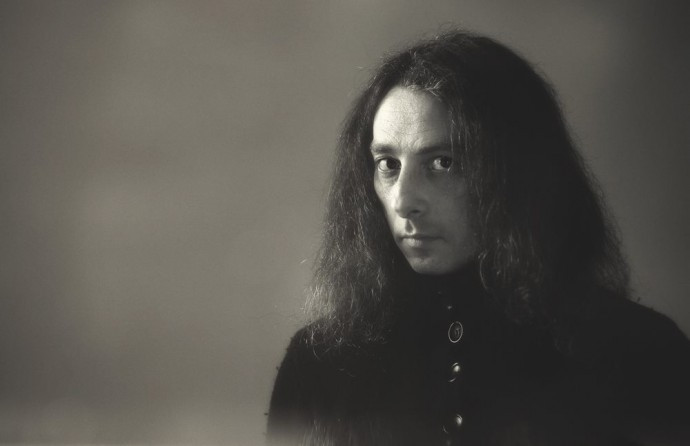
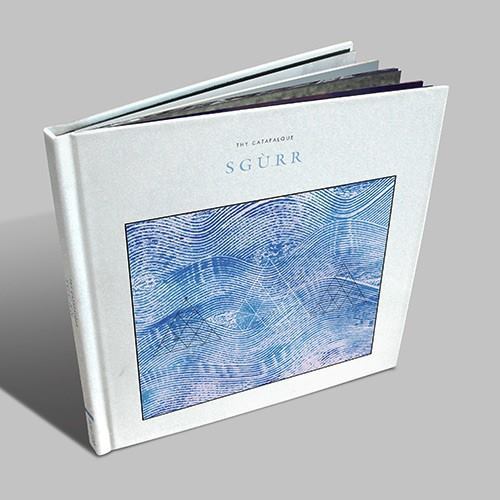
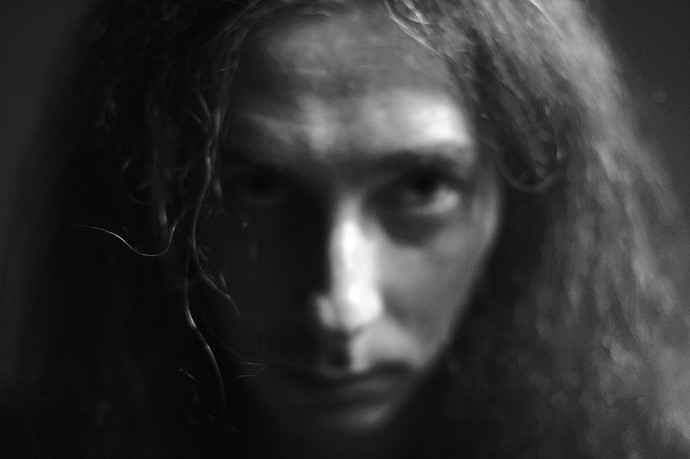
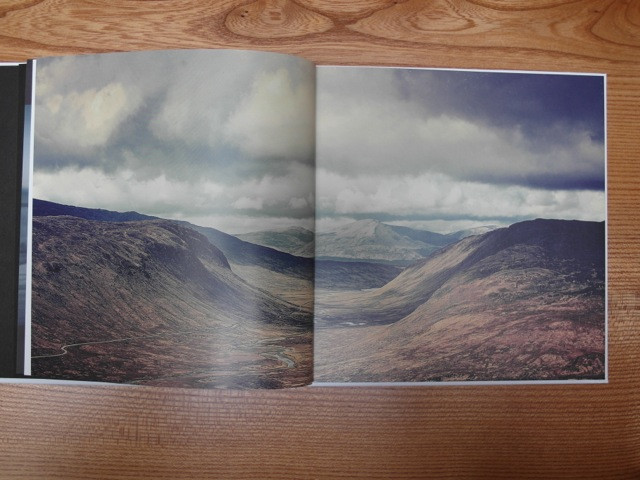
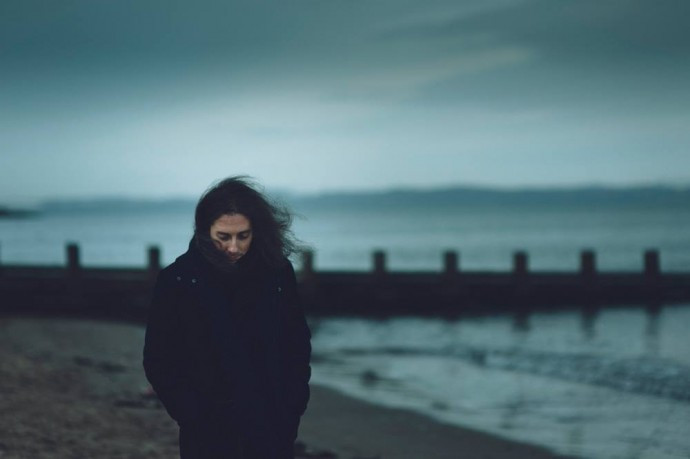
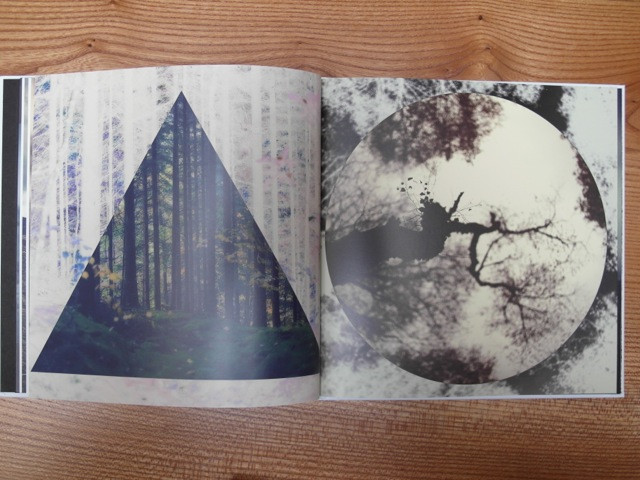
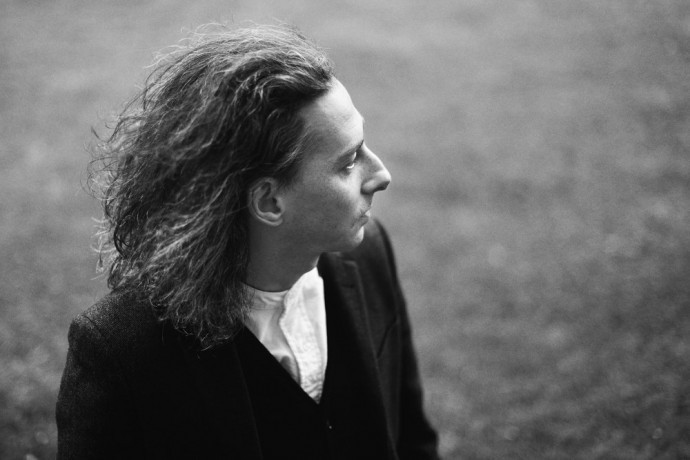
Very cool. Tamas always gives a great interview, in addition to being an absurdly gifted musician.
Definitely very excited for this album – got to remind myself to grab a physical copy of this record, either the vinyl (depending on the layout maybe), or at least that beautiful digipak.